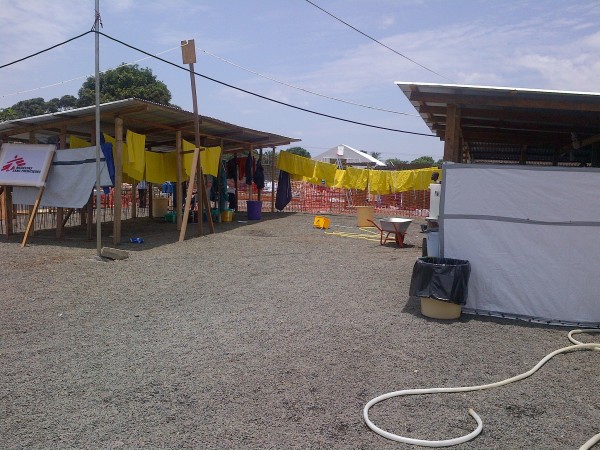
Even the most difficult times can produce unlikely heroes from all walks of life, and a perfect example is a group of teen girls and boys who is making a huge difference in Liberia, one of Ebola's hardest-hit West African countries.
In a feature published in The Daily Beast on Wednesday, October 29, a group of teens who called themselves A-LIFE, which stands for Adolescents Leading an Intense Fight against Ebola, is reaching out to one of the poorest areas of West Point, Monrovia, Liberia's capital, teaching the community how to avoid contamination and ultimately stop the spread.
These teens, who are mostly composed of girls, are from 16 and 19 years old. Inspired by the already existing teenage groups UNICEF helped set up in the area to give them the proper skills to defend themselves against violence, and the growing Ebola epidemic in the country, the teens launched their group on September 17.
Since then, they have been marching onto the streets on certain days of the week, chanting facts like Ebola is real and deadly and advice like washing their hands or avoiding shaking one another's hands.
Like many people all over the world, these teens have some anxieties and fear of the virus, especially contracting it, but they also believe that these negative emotions won't help them, so they instead become proactive.
So far, they have already reached over 3,500 homes, carrying pamphlets that provide more information about the infection. They also bring along a hand sanitizer to reduce the risk of contagion drastically.
The teens' efforts didn't go unnoticed particularly from UNICEF. According to the organization's representative in the country Sheldon Yett, the community's behavior has changed ever since these girls and boys went out, including washing their hands in buckets.
The UNICEF is also helping the girls by appointing a leader to educate them further about the virus, providing them with protective gear, and monitoring their health such as taking body temperature before they take their walk.

